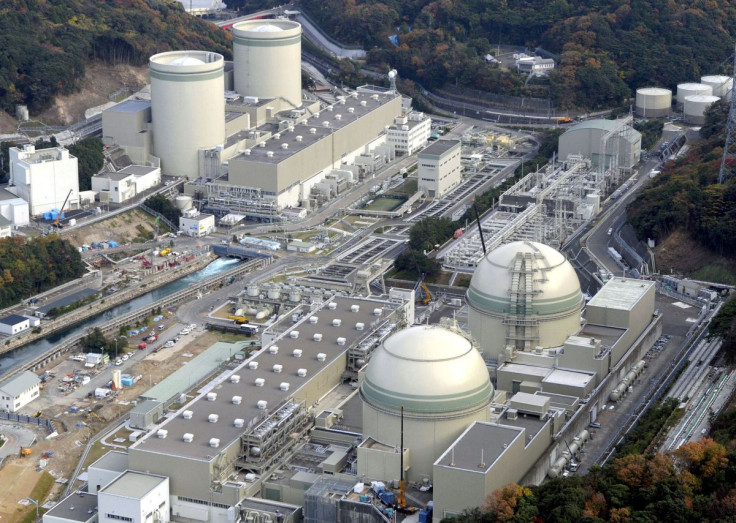Japan Election May Be Tailwind For Nuclear Restarts As Public Mood Shifts

Japan's push to restart nuclear reactors, shut down after the Fukushima disaster a decade ago, could get a tailwind as the governing coalition looks set for gains in a national election on Sunday.
Prime Minister Fumio Kishida's coalition is on track to expand its majority in the upper house of parliament, polls show, in an election where nuclear restarts have been an issue, along with inflation and defence.
This comes just as an early summer, record heatwave and authorities' daily pleas to save energy have helped nudge Japanese voters toward the idea of swifter restarts.
A boost for Kishida's pro-nuclear party would not directly affect decisions on restarting reactors, as they require the approval of local communities. But public support for his agenda could be a tailwind as the national mood shifts.
Kishida's Liberal Democratic Party (LDP) wants to boost nuclear back to 20%-22% of Japan's energy mix by 2030 from less than 5% now, keen to restore a stable source of electricity after all plants were shut down in the aftermath of the 2011 tsunami that crippled the Fukushima Daiichi plant.
Consumers got a taste of the fragility of Japan's energy security last week when the government issued a rare power supply warning, as the hottest June on record prompted a surge in electricity demand.
Flaring tensions with Russia over its invasion of Ukraine have also threatened higher energy prices for a resource-poor nation grappling with inflation after prolonged deflation. Russia is a major supplier of Japan's liquefied natural gas and coal.
Japanese people have been hostile to nuclear power since the Fukushima disaster, but the mood has shifted. A Mainichi newspaper poll in May, for example, found 47% favoured restarts vs 30% opposed, a turnaround from 2018, when opponents outnumbered supporters 48% to 32%.
"I think nuclear restarts are going to be unavoidable if you think about global supply and Japan's energy situation," said 70-year-old Kazuhide Masuyama, stopping to listen to an LDP candidate's speech in Tokyo's Takadanobaba district this week.
AVERSION WANING
Despite ongoing anti-nuke protests, voters have a grudging sense that restarts cannot be helped, said Daiwa Securities senior economist Toru Suehiro.
"The aversion towards nuclear power is waning a bit now since people have high utility bills and the power shortage on their mind," Suehiro said.
His brokerage reckons just four more reactors will come online by March 2024, bringing the total to 14 of the 33 available nationwide for commercial use, and increasing nuclear to 9% of Japan's energy mix.
Kishida indeed may just be using pro-nuclear rhetoric to court conservative voters, who regard it as a national security imperative, to cover an otherwise dovish platform, Suehiro said.
Japan's energy security is becoming more, not less, precarious.
In an increasingly tense relationship with Moscow, Kishida said last weekend the Group of Seven industrial powers had agreed to cap Russian oil prices at around half the current level, a decision not announced by the G7. The Kremlin has slammed Japan for its "very unfriendly position", hinting at the possibility of cutting off its energy supply.
A power shortage in recent days, during the unseasonal heat, has eased, but most of the country has uncomfortably low reserve power capacity for the winter months.
"There's got to be some soul-searching over why action couldn't be taken earlier," Kengo Sakurada, head of the Keizai Doyukai business lobby, said last week as companies dimmed lights and suspended production.
"What's clear from this situation is that we need to make more progress to restart nuclear reactors that are deemed safe."
© Copyright Thomson Reuters 2024. All rights reserved.







